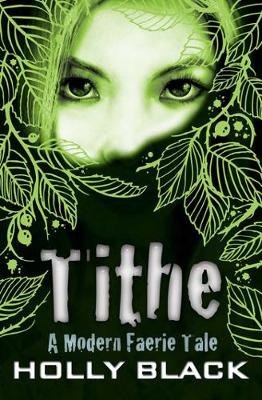she listened to him complain. In the afternoons Olivia read to him and did her best to put off pouring the shots of whiskey he demanded. When he began
drifting in and out of sleep she passed the time reading or trying to dredge up memories of her mother. In Olivia’s imagination Nola June floated up and down
the staircase, always draped in a flowing garment of warm colors, her head
topped with a mist of blonde curls. It was her mother’s face Olivia couldn’t remember.
Olivia had come to see her life as a never-to-end procession of such days,
until a cold morning in late January 1841. Carrying a pitcher of hot water and a clean towel, Olivia nudged her father’s door open with her hip, wondering how
bad he was going to be. Some water sloshed onto the floorboards, and she
prepared herself for one of his looks. His tiny yellow eyes had a way of glaring
that was worse than yelling.
She knew he was gone without looking at him. The room was silent and
smelled of the waste he had evacuated. She set the pitcher and towel on the bureau and turned toward the bed. He lay with his arms at his sides, under the blanket, as if he had tucked himself in. His head was thrown back, his mouth hanging open and revealing tobacco-stained teeth. At least his eyes were closed.
She dried her hands on her apron and stared at him, shamed by the first
thought that rushed to mind – no more baths. And no more washing out the
green and brown lumps he spat into china teacups. Or helping him onto the
chamber pot. She searched her heart for grief, but was unable to think of a single
reason to wish him back alive. Not for his sake, and not for hers. Not that she hated him. There wasn’t anything about him to hate; but neither had there been
much to love, even before he got sick. And he had taken such a dreadful long time dying. Olivia yanked the window open and went to the top of the stairs to
call her brother Tobey.
Tobey stopped at the foot of the bed and stood rocking back and forth on his
heels as he said, “Well, we’re orphans now. That’s what we are.” Then he went
down to tell the housekeeper, Mrs. Hardaway.
“Why on earth do you got that window open?” he asked when he returned.
“It’s snowing out there.”
“You’re supposed to leave a window open when someone dies. For at least
two hours, so their spirit can go free. That’s what Mammo Killion said when Uncle Scruggs got killed.”
“Well, I don’t think it’s necessary to give double pneumonia to the spirits of
the living,” he said and slid the window shut.
Mrs. Hardaway waddled into the room and put a hand on Olivia’s shoulder.
“There, there. Thank the good Lord for taking him peacefully in his sleep.
Tobey, you go get Doc Gaylin. And stop by the store to tell your brother. He’d
better bring a load of eats back with him. You’re going to have a mess of folks
coming in to pay their respects.” Olivia glanced at Mrs. Hardaway in surprise, having forgotten that death was a social event.
“I’d better get him cleaned up,” Olivia said, bracing herself.
Mrs. Hardaway squeezed her shoulder again. “Let me do that,” she said
quietly. “You go wait in your room. I’ll call you if I need help turning him. Soon
as the news gets around some ladies from the church are bound to be in to help.”
Olivia put her arms around the housekeeper and nearly cried with gratitude, which she knew was mistaken for grief. She had been dreading this final task.
Not the stench of the filth; she could stomach that. But she had never seen Old
Seborn naked. She’d always handed him the cloth so he could wash himself
“down there,” under the covers.





















